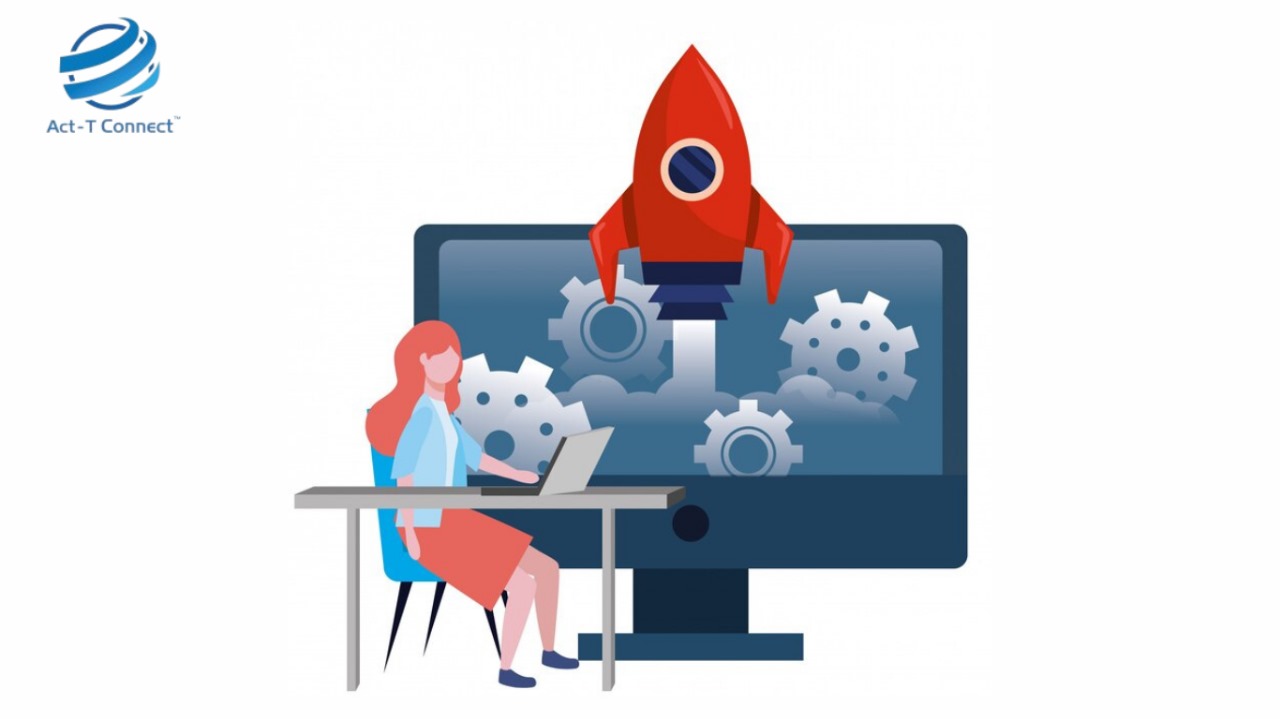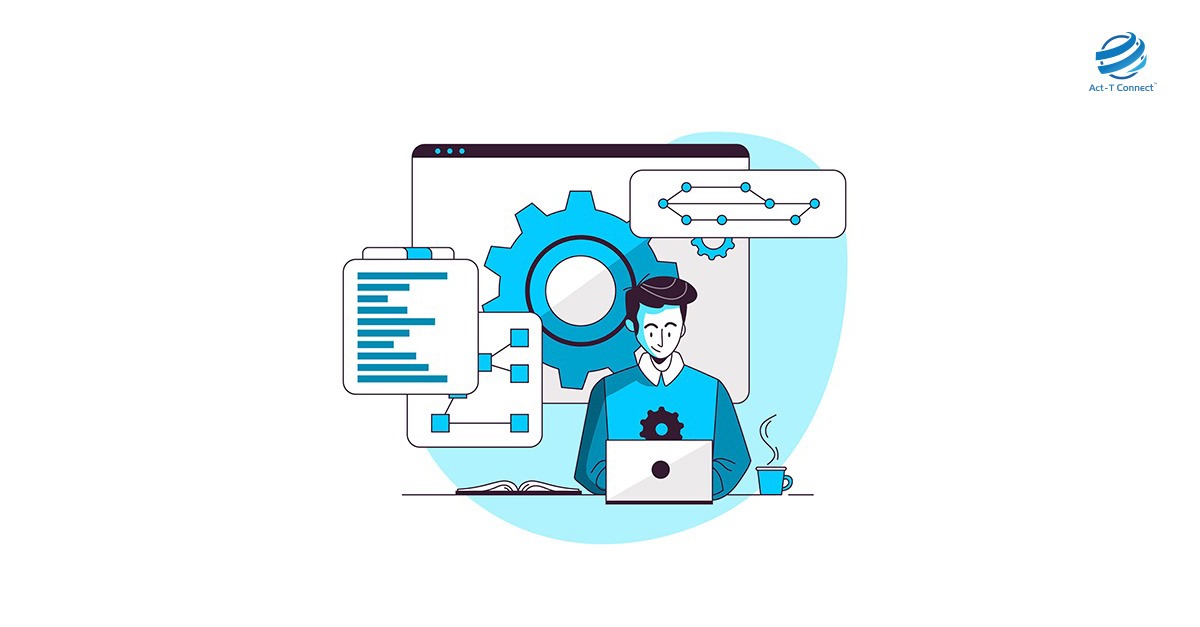
Startups need efficient operations to succeed, and information technology (IT) is essential for streamlining procedures and fostering corporate expansion. Startups can implement IT Service Management (ITSM) practises to efficiently manage IT services and match them with business goals.
Explore at how IT service management may
enhance startup operations and boost effectiveness, productivity, and customer
happiness in this blog post.
Standardizing
Processes:
Standardized processes for IT service delivery and support are defined and put
into place as part of IT service management. Startups may get rid of waste,
lessen mistakes, and make sure that jobs are carried out uniformly throughout
the company by developing consistent processes. Standardisation encourages
accountability, open communication, and openness among team members, which
improves teamwork and operational effectiveness.
Incident and Problem Management: ITSM frameworks offer systematic methods for incident and problem management, making it possible for startups to manage and resolve IT-related problems efficiently. Startups can swiftly address interruptions, reduce downtime, and resume normal operations using incident management.
In
order to prevent future events, problem management focuses on determining the
underlying causes of persistent problems. Startups may maintain high service
availability, minimise disruptions, and improve customer happiness by putting
in place effective incident and problem management practices.
Service Catalogue and Request Management: Startups may have numerous internal and external stakeholders with a range of IT service requirements. The construction of a service catalogue, which offers a centralised list of available IT services, along with their descriptions, specifications, and related service levels, is a component of ITSM frameworks. This enables entrepreneurs to clearly define expectations for their customers and successfully explain the services that are offered.
The handling of service requests is simplified by
request management procedures, resulting in prompt and effective provision of
the desired services. Startups can increase user happiness, offer self-service
alternatives, and more effectively manage service delivery by developing a
well-defined service catalogue and request management system.
Change and Release Management: For startups to retain stability while introducing new features or upgrades, managing changes to IT systems and applications is essential. ITSM frameworks offer change and release management techniques that assist startups in carefully planning, testing, and implementing changes.
Startups can lower the risk of system outages or unanticipated consequences
brought on by poorly managed changes by using change management procedures.
Release management makes sure that the deployment of new or updated services
goes successfully, causing the least amount of disturbance to business
activities. Startups may deploy changes more quickly, maintain system
dependability, and provide value to their customers with little risk by putting
change and release management practises in place.
Continuous
Improvement and Performance Measurement: By routinely evaluating and
improving IT services and procedures, ITSM places an emphasis on continuous
improvement. Startups can use performance measurement and reporting to track
key performance indicators (KPIs), find areas for improvement, and make informed
decisions. Startups can find bottlenecks, fix problems, and promote operational
excellence by gathering and analysing metrics relating to service availability,
incident resolution times, customer happiness, and other performance
indicators.
Enhanced Customer Experience: By using ITSM to optimise startup operations, customers will ultimately have a better experience. Startups can give their customers a seamless and gratifying experience by assuring high service availability, rapid incident resolution, and effective service delivery. Startups can also use ITSM practises to match IT services with corporate goals, enhancing the overall value and quality of their IT offerings. A satisfying customer experience encourages client loyalty, recommendations, and lasting relationships—all of which are essential for the expansion and success of companies.
By standardising processes, improving incident and problem management, streamlining service catalogue and request management, effectively managing changes and releases, enabling continuous improvement, and improving the overall customer experience, implementing IT Service Management practises can significantly optimise startup operations.
Startups can improve operational effectiveness, integrate IT
services with business objectives, and provide their clients with high-quality
services by implementing ITSM frameworks. Startups are given a structured
method to manage their IT operations via ITSM, allowing them to concentrate on
innovation, expansion, and long-term success.






